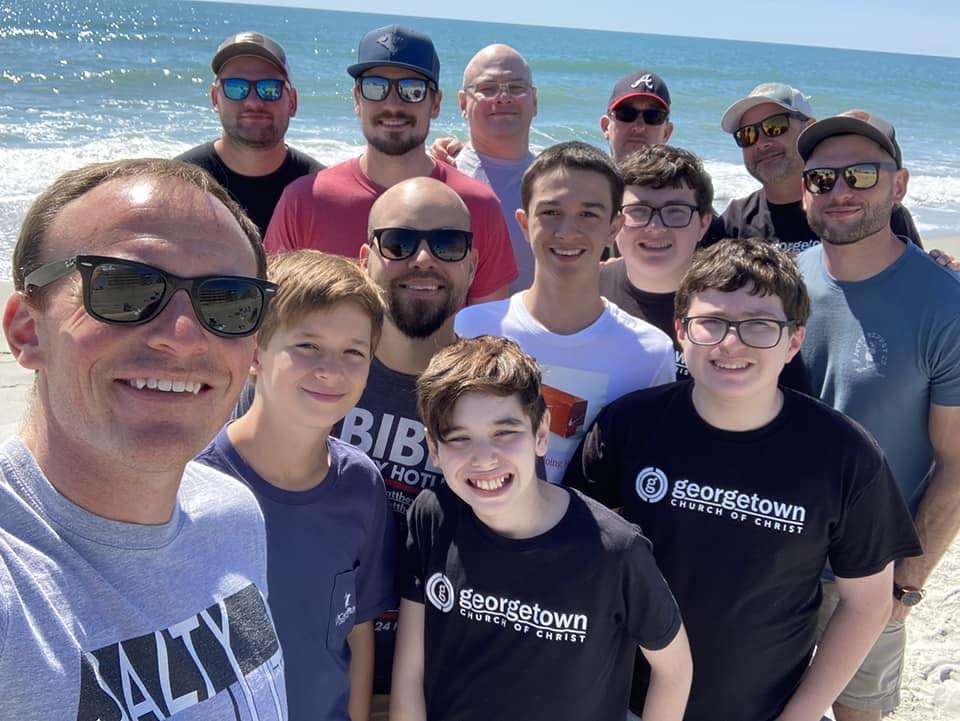Imagine a world without cancer or addiction; where broken relationships are healed; where war and terrorism, layoffs and hunger, even sin and death are ended. It’s coming:
At that time his voice shook the earth, but now he has promised, “Yet once more I will shake not only the earth but also the heavens.” This phrase, “Yet once more,” indicates the removal of things that are shaken—that is, things that have been made—in order that the things that cannot be shaken may remain. Therefore let us be grateful for receiving a kingdom that cannot be shaken, and thus let us offer to God acceptable worship, with reverence and awe, for our God is a consuming fire (Hebrews 12:26-29).
When God gave Israel the Ten Commandments at Mount Sinai, the earth shook. Now that Jesus has given a new covenant to bring all into a relationship with God, there is a promise that things will shake again and leave only the unshakable. This is the unseen and eternal. It’s the day when the mortal is “swallowed up by life”, and the things that hurt us are forever defeated (II Corinthians 4:16-5:5).
The worship we offer is built on the unshakable. It isn’t “self-made religion” based on the “shadows” of what can be handled, tasted, or touched – “things that all perish as they are used” (Colossians 2:16-23). It is built on the substance that belongs to Christ. It is an offering we bring of grateful, acceptable worship. With reverence and awe. In spirit and truth.
What do we see when we assemble to worship? Are we focused on the outward realities? Are we burdened and distracted by the shakable things of the world?
If in our worship we fix our eyes on the eternal – on God, on Jesus, and on one another as fellow citizens of heaven – we start to experience the unshakable right now (Hebrews 12:18-24). This is what God wants for us in worship. Not a focus on earthly things to temporarily satisfy ourselves, but an encounter with the eternal. A preview of what God will accomplish when He shakes the heavens and earth and all is united in His Son.
Worship is meant to be an opportunity for us to experience heaven on earth. I, for one, do not want to miss it!





